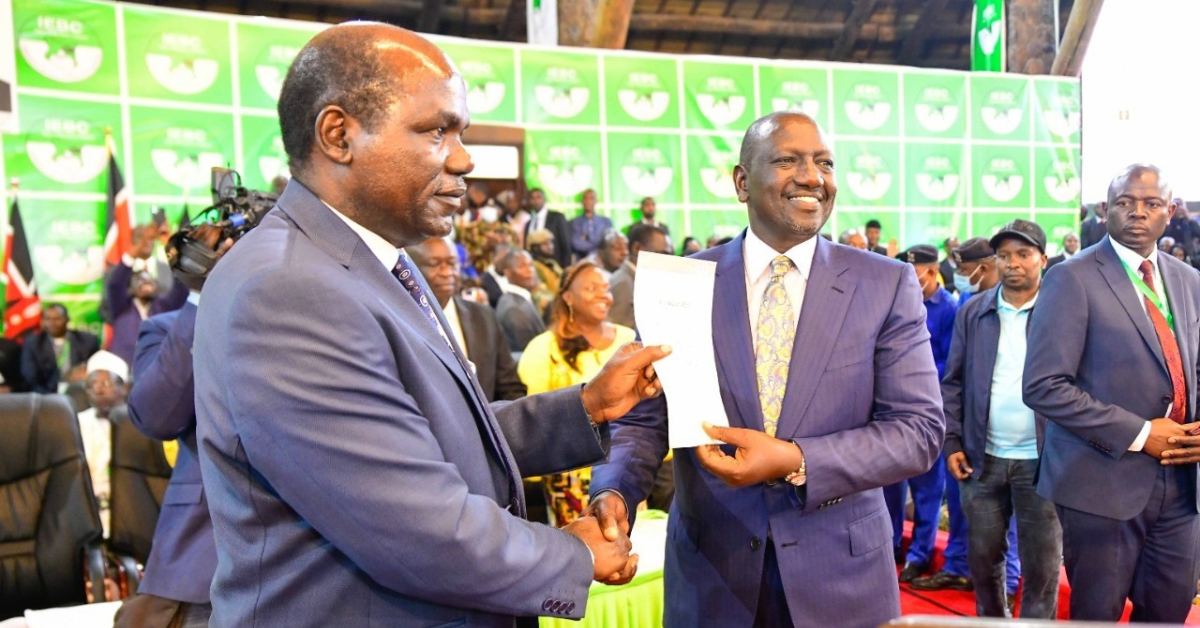In governance, statecraft is mostly stagecraft. That is what I wrote in a commentary in this column sometime in May this year. In light of developments since then, that needs a little calibration: governance is mostly about mindshare. It is about how much of the public’s mind is occupied with negative images and messages in terms of government’s perceived performance and intentions. The public mind is a market place of competing impressions formed out of a messy mix of negative and positive messages and images. As a government, you would want to dominate this market with positive impressions. This is because it is a useful aide in galvanising support for public policies and in generating a sense of hope and forward momentum. A public whose mind is dominated by negative images and messages is a dispirited and discouraged public.
Since May when I wrote the article about statecraft and stagecraft in governance, how has the government fared in the market place of images and messages? Let us examine just one crucial area: public expenditure. On 19th May, the screaming message and image was that of the government allegedly spending Kshs 100 million to hire a private jet to facilitate the Vice President in his official trips abroad. The figure was later disputed but the debate raged on for weeks.
Even before the so-called hustlers jet debate died down, there was the news in June about the government planning to buy an office complex for 82-year old retired president, Mwai Kibaki, at the eye-popping amount of Kshs 700 million. The Secretary to Cabinet, Mr. Francis Kimemia, was quoted as saying we should be grateful the figure was only Kshs 700 million; he claimed the market price for such an office complex was at least Kshs 1.2 billion. It took public uproar to scale it down to around Kshs 250 million – still a huge sum by any standards.
Two weeks later, before June was out, there was the report that the government was planning to spent Kshs 100 million to upgrade the Deputy President’s residence – this on top of the Kshs 400 million already spent on it. Before the public could recover from that outrage, there was yet another report that Kshs 2.5 billion will be spent to mark 50 years of Kenya’s independence from British rule.
Since May, this works out to an average of a major negative message/image every three weeks. And these do not even include a steady trickle of reports of misplaced budget priorities by County Governments.
If you consider that all these were happening against a backdrop of teachers strike, threats of strike by nurses, doctors, and university lecturers, rumours of go-slow by the police, and the VAT Bill controversy, you then begin to understand why discontent could easily spread if this trend continues.
Granted, there was also very good news during this period. There was for example news of the discovery of trillion shillings worth of rare earth mineral deposits at the Coast. And then there was the wonderful news of additional discovery of oil in Turkana County. Good as this news is, it probably did little to allay people’s fears that whatever windfall was coming our way will be frittered away.
It is a disturbing contradiction: images and messages of lavish spending by a few, juxtaposed against the reality of penury afflicting many. Is it any wonder that the government’s ‘there-is-no-money‘ refrain does not pass muster for those agitating for higher salaries? And yet there some truth that government fiscal position is under strain – as evidenced for example by the increasingly unsustainable public debt (now nearly Kshs 1.9 trillion and consuming 89 % of the Consolidated Fund Services in repayments).
The apparent disconnect from reality is disconcerting and seems devoid of any moral scruples. How else can one explain the cavalier and wasteful spend habits and intentions in an environment that cries out for good judgement in public expenditure?
And yet it may not be that bad. Perhaps there are enough real positive messages and images out there that could put things in perspective and shift public perception. Perhaps it is just a case of selective negative amplification by the media? Or is it a case of incompetence in message/image management? Whatever the case, there is a feeling that there is something more fundamental; something deeper, something that goes beyond the behaviour of the government to the heart of who we are as a people. In the pain/pleasure equation, perhaps we are just hypocrites: we complain when we are not on the right side of the equation.
Perhaps the real problem is not the budget deficit but a systemic and endemic empathy deficit. If so, I will need to calibrate my statement again: governance is mostly about shifting – by example – the moral compass of the people.

